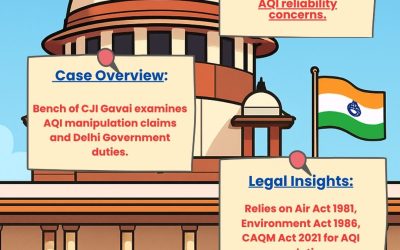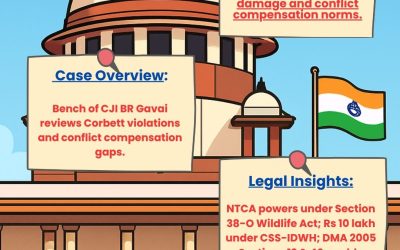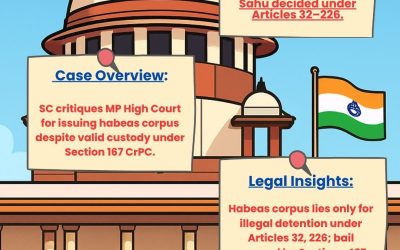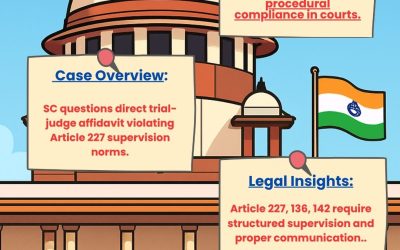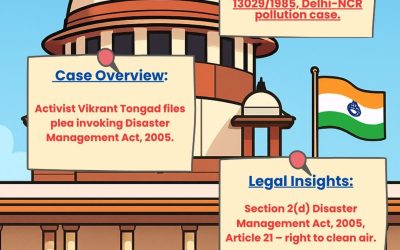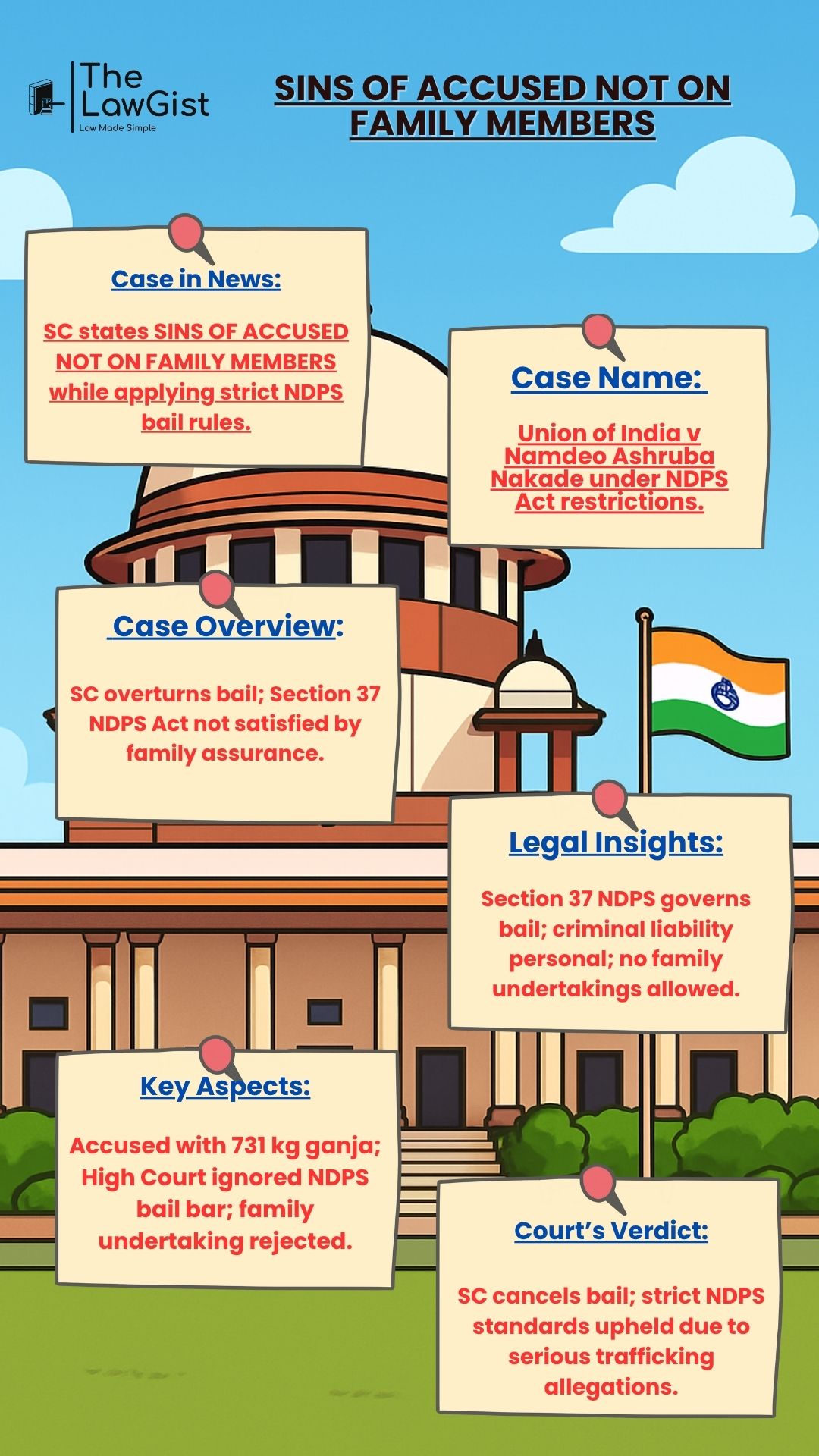
Supreme Court sets aside NDPS bail, ruling that criminal liability is personal and family members’ undertakings cannot satisfy stringent statutory conditions under Section 37.
Case in NewsSupreme Court holds Sins Of Accused Not On Family Members while rejecting bail based on family undertakings . |
Discover powerful Latin Maxims and simplify complex legal terms in seconds.
Case Overview
Case Name: Union of India vs. Namdeo Ashruba Nakade
The Supreme Court of India set aside the bail granted to an accused charged with possession of 731.075 kg of ganja worth ₹2.91 crore . A Bench of Justice Manmohan and Justice NV Anjaria rejected the submission that the accused’s brother, a Sepoy in the Indian Army, could offer an undertaking assuring the accused would not abscond . The Court emphasised that the criminal liability of an accused cannot be transferred to family members and such undertakings have no legal value . The case arose from serious allegations of organised trafficking involving concealed cavities in a trailer used for transporting contraband .
Step into the world of justice with Courtroom Chronicles
Key Aspects
Before the pointers, it is important to note that the Supreme Court focused on the gravity of NDPS offences and the strict statutory restrictions on bail . The High Court’s casual grant of bail raised concerns about overlooking mandatory conditions under the NDPS Act .
- Accused found with 731.075 kg of ganja valued at ₹2.91 crore .
- High Court granted bail without applying Section 37 NDPS Act’s twin conditions .
- Defence argued the accused’s brother could assure non-absconding .
- Issue: Whether family undertakings can substitute statutory requirements for bail in NDPS cases .
Legal Insights
The Supreme Court highlighted that NDPS cases demand strict scrutiny . Bail cannot be granted based on emotional or family assurances .
- Section 37 NDPS Act – Bail requires satisfaction of twin conditions: accused not guilty and not likely to reoffend .
- Section 67 NDPS Act – Statements and evidence regarding trafficking operations .
- Criminal law principle – Personal criminal liability cannot extend to family; undertakings have no legal force .
- Severity principle – Offences with minimum ten years’ imprisonment prevent liberal bail consideration .
Court’s Verdict
The Supreme Court of India held that the Sins Of Accused Not On Family Members, rejecting the idea that a brother’s undertaking can secure bail . The High Court’s order was set aside and the Court reiterated that NDPS bail must strictly comply with Section 37 . It added that a custody period of one year and four months is not excessive given the grave allegations of organised trafficking and rising drug addiction among youth .
Source – Supreme Court of India
Read also-legal glossary – Accused
The LawGist ensures exam success with quality notes—TPL, Current Affairs, Recent Judgments, and more. Backed by trusted resources and videos, The LawGist is every aspirant’s first choice.


